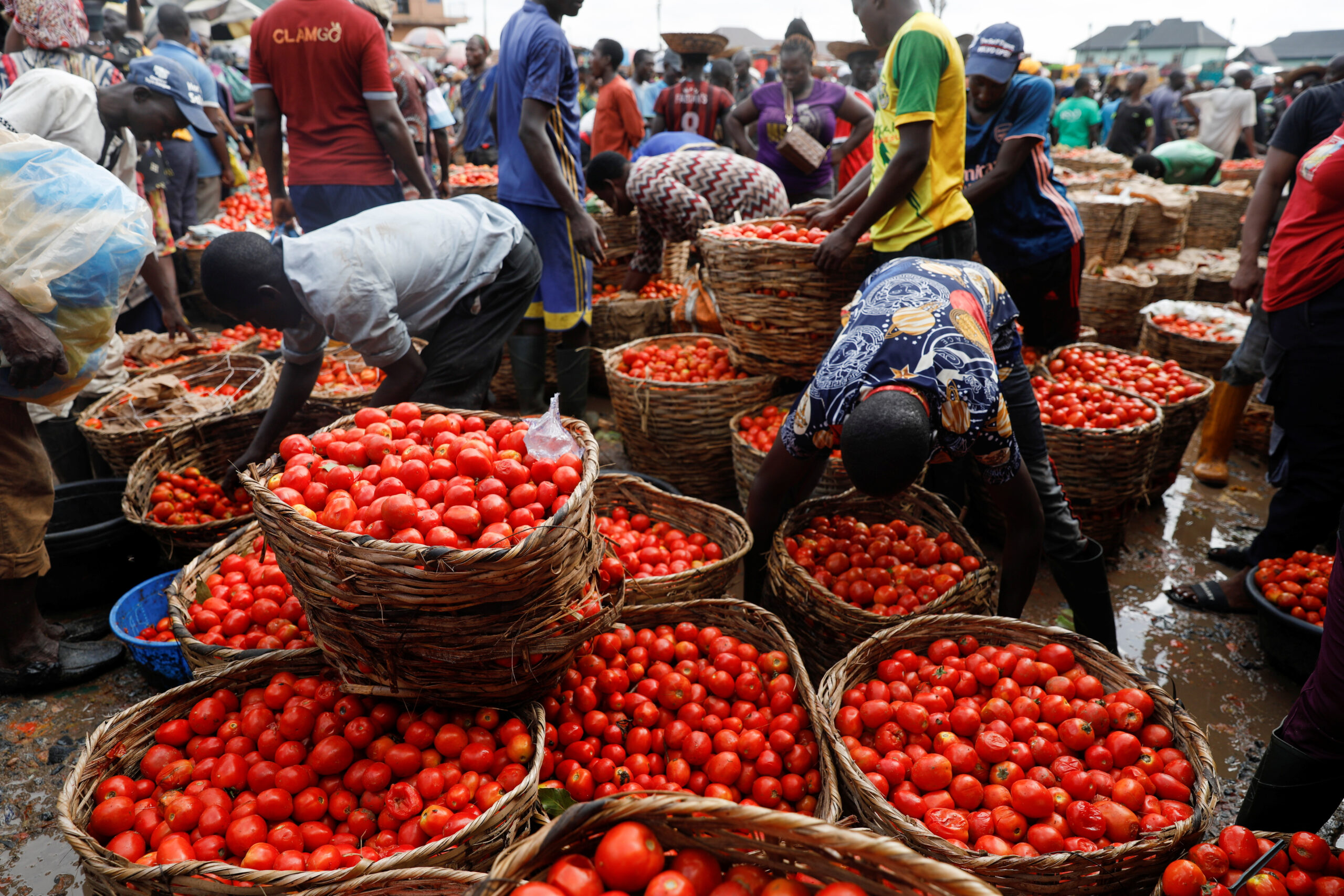
Nigeria has made headway stabilising its economy after recent policy shifts, but must act faster to lift living standards and tame surging food prices, the World Bank said on Wednesday.
In its latest report, the Bank cited firmer growth, stronger revenues and improved external balances following the removal of fuel subsidies, a naira devaluation and tax reforms. Yet it warned that climbing food inflation and persistent poverty continue to hit families hard.
Africa’s most populous nation expanded 3.9% year-on-year in H1 2025, up from 3.5% a year earlier, driven by services, non-oil activity and a rebound in oil output and agriculture. Foreign reserves climbed above $42 billion, and the current-account surplus widened to 6.1% of GDP on stronger non-oil exports and lower oil imports.
Despite softer oil prices, the fiscal deficit is seen at 2.6% of GDP in 2025, broadly unchanged from 2024. Public debt is projected to fall for the first time in over a decade, easing to 39.8% of GDP from 42.9%.
“The government has taken bold steps to stabilise the economy, and these efforts are beginning to yield results,” said Mathew Verghis, World Bank country director for Nigeria. “The true measure of success will be how these reforms improve the daily lives of Nigerians — especially the poor and vulnerable.”
The cost of a basic food basket has risen fivefold since 2019, disproportionately affecting low-income households that spend up to 70% of their income on food.
The Bank urged action on three fronts: cut trade barriers and clear supply bottlenecks to slow food inflation; boost fiscal transparency and align spending with development goals; and expand social protection via regular, domestically funded cash transfers and crisis-responsive safety nets.
Looking ahead, the Bank projects GDP growth of 4.2% in 2025, edging up to 4.4% by 2027 on services, with support from agriculture and non-oil industry. Inflation is expected to ease gradually but remain high. “Food inflation is the biggest tax on the poor,” said Samer Matta, the Bank’s senior economist for Nigeria.
